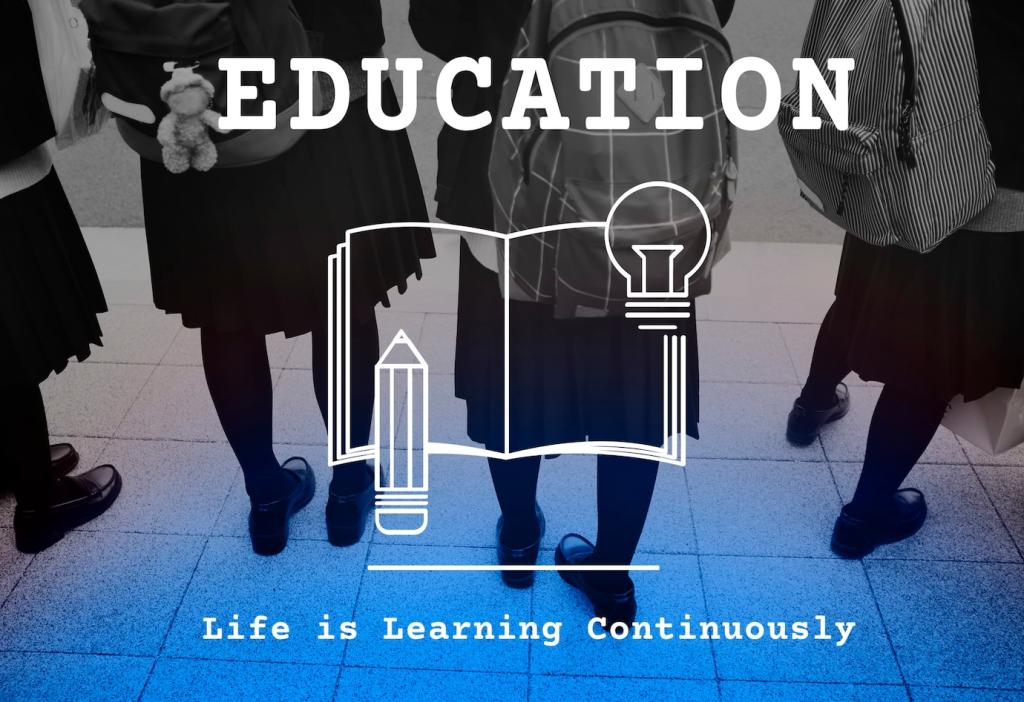Employer–Education Partnerships That Work
Shifting from pedigree to proof expands talent pools. Job postings that describe measurable tasks invite candidates with nontraditional backgrounds to demonstrate competence, creating better matches and reducing bias hidden inside credential shortcuts.
Employer–Education Partnerships That Work
Apprenticeships and paid internships let people earn a wage while learning. Employers gain engaged contributors, and learners avoid painful tradeoffs between income and upskilling, especially important for caregivers and first-generation students balancing responsibilities.






